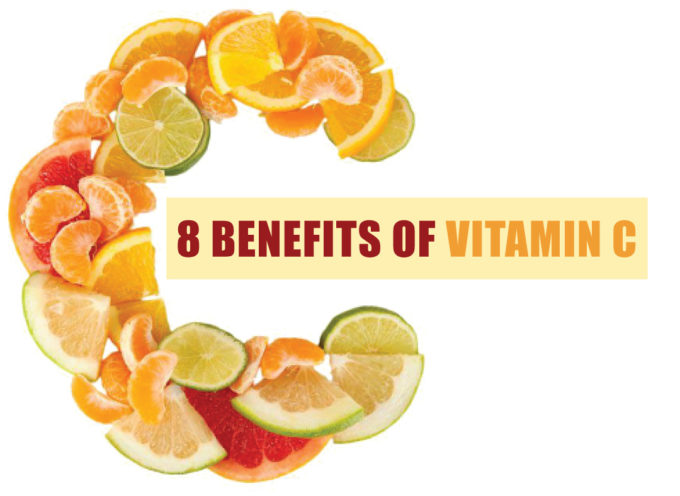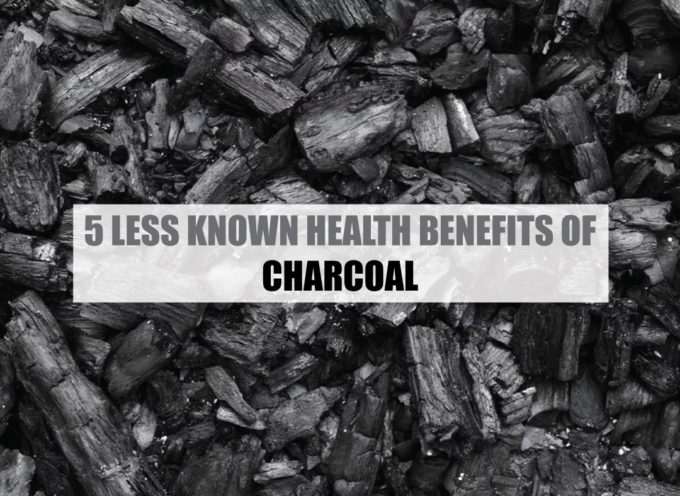Mouth ulcers are painful areas in the mouth and gums. They are also known as ‘canker sores’. Mouth ulcers can be extremely uncomfortable and make it difficult for some people to eat, drink, talk and brush their teeth. For most people, mouth ulcers will clear up within 2 weeks. If it lasts more than 3 weeks, should be consulted with doctor.

CAUSES
The exact cause of mouth ulcers is still not known and varies from person-to-person. Quitting smoking, intake of citrus fruits or any food that is high in acidity, accidentally biting tongue or inside the cheek, people with braces, having stress or anxiety, hormonal changes during pregnancy or menopause, allergic to medications like pain killer and beta-blockers, lastly it might be because of genetic factor.
TYPES
There are three main types of mouth ulcers. Firstly, Herpetiform ulceration (HU). A subtype of aphthous ulcers and get their name because they resemble the sores associated with herpes. HU is not contagious. Can recover from it very quickly, and it may appear that the condition never gets better.
Minor ulcers, can range in size from about 2 millimeters (mm) up to 8 mm across. These ulcers typically take up to 2 weeks to get better and will cause minor pain.
Major ulcers, bigger than minor ulcers, major ulcers are often irregular in shape, may be raised, and go deeper into the tissue than minor ulcers. They can take several weeks to go away and are likely to leave scar tissue when they clear.

Photo Credit : timesofindia
SYMPTOMS
The symptoms for HU are, it will appear as extremely painful, increase in size, eventually coming together to form a large, ragged ulcer, take 10 or more days to heal and they tend to be found in more females than males and are more common in older adults.
For the major and minor ulcers, one or more painful sores may appear on the cheeks, the roof of the mouth, or the tongue, the appearance of round lesions that have red edges and are yellow, white, or gray in the middle.
PREVENTION
Avoiding foods that irritate your mouth can be helpful. That includes acidic fruits like pineapple, grapefruit, oranges, or lemon, as well as nuts, chips, or anything spicy. Instead, choose whole grains and alkaline (non acidic) fruits and vegetables. Eat a healthy, well-balanced diet and take a daily multivitamin, fish oil and folic acid. Try to avoid talking while you’re chewing your food to reduce accidental bites. Reducing stress and maintaining good oral hygiene by using dental floss daily. Finally, get a good sleep and rest. This not only will prevent mouth ulcers, but a host of other illnesses as well.
TREATMENT
Rinse your mouth salt water and baking soda, apply ice cubes to the sore, use mouthwash frequently, use dental wax for people with braces, placing damp tea bags on your ulcer could help too.

Photo Credit : dentalcareofmidflorida








No comments!
There are no comments yet, but you can be first to comment this article.